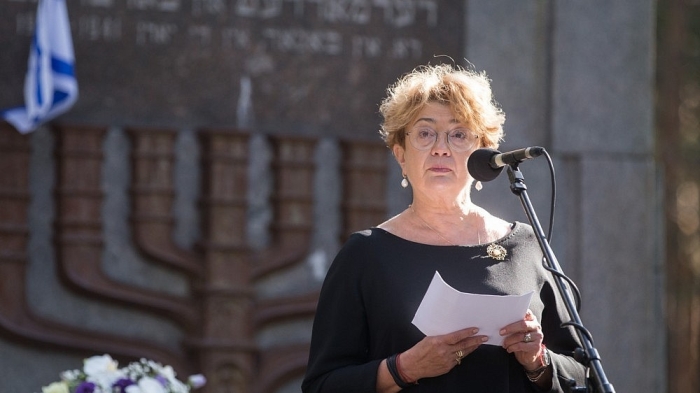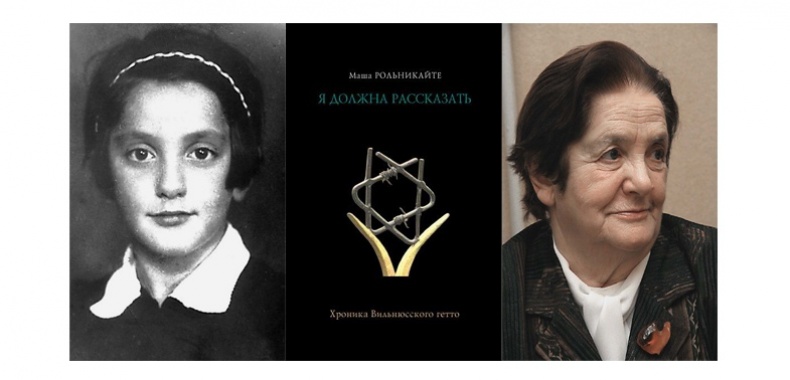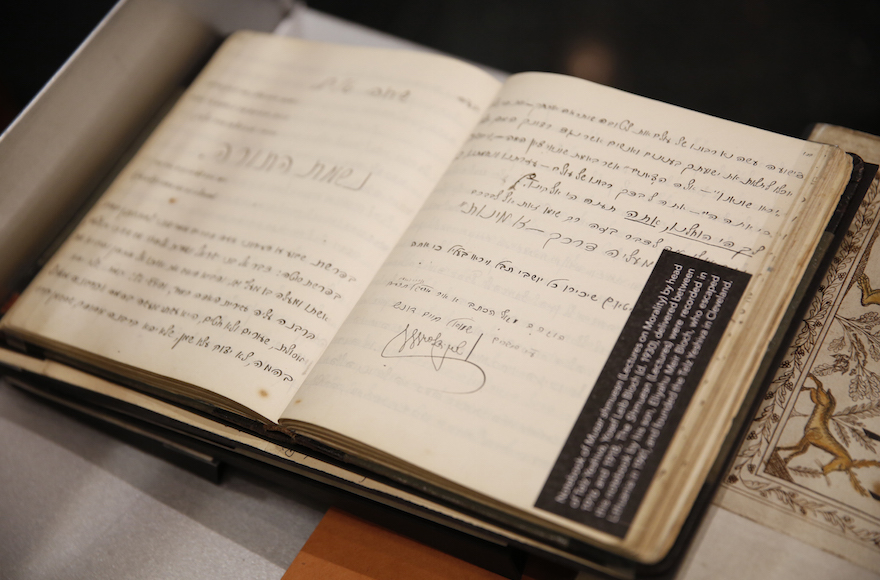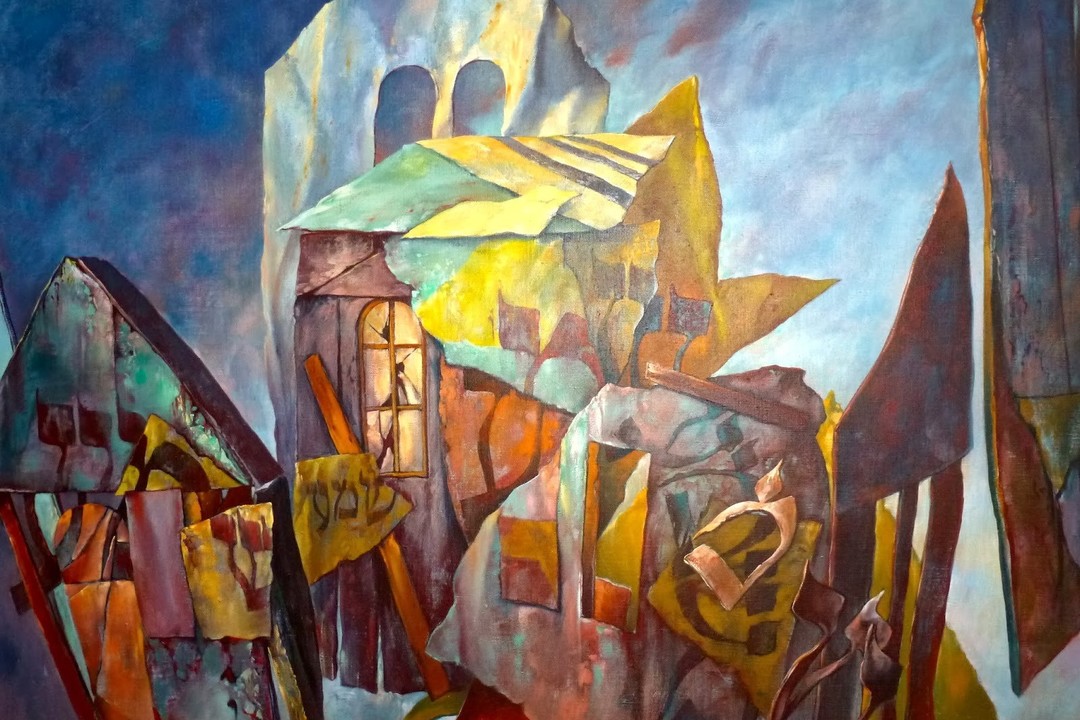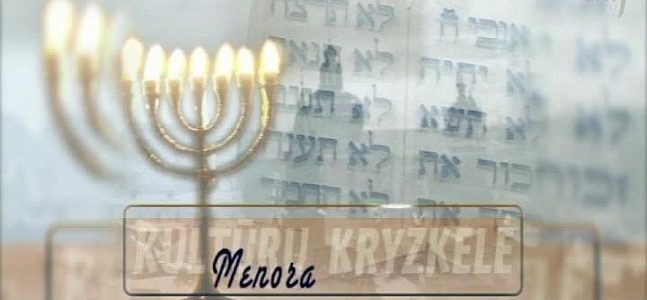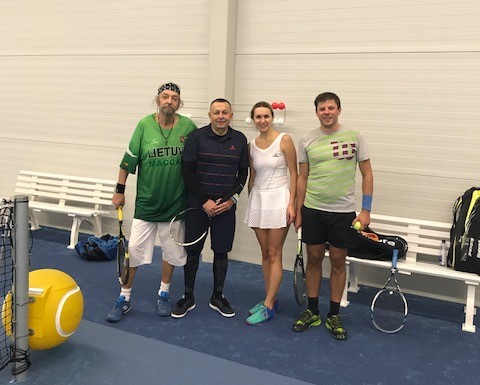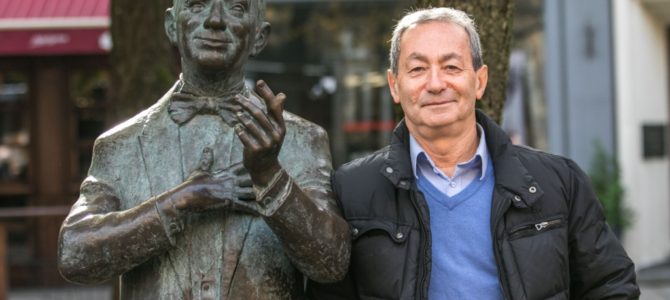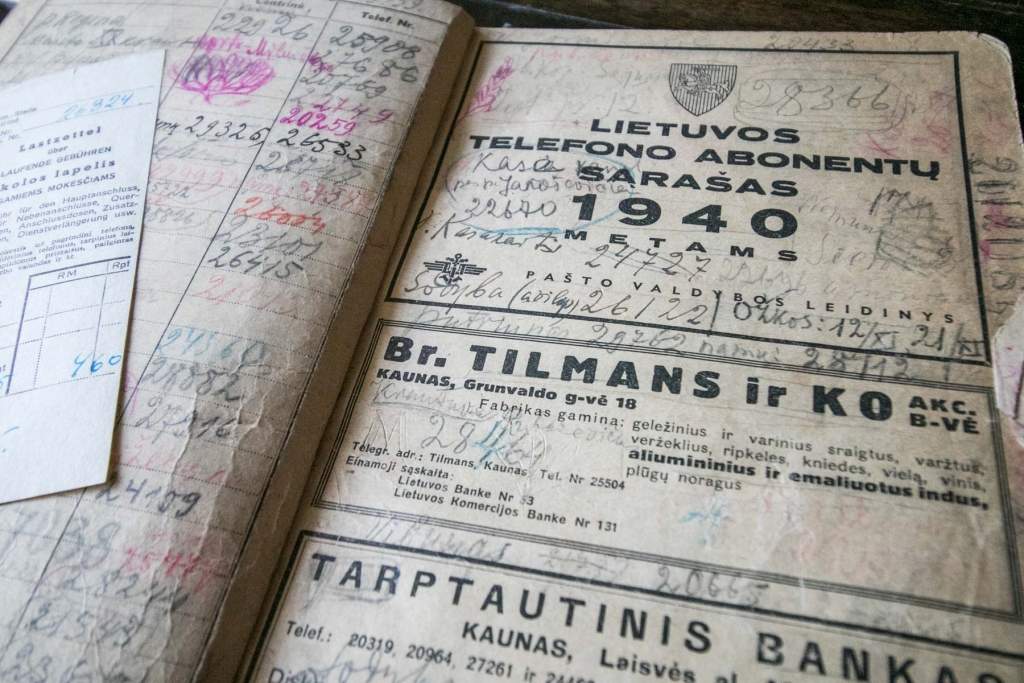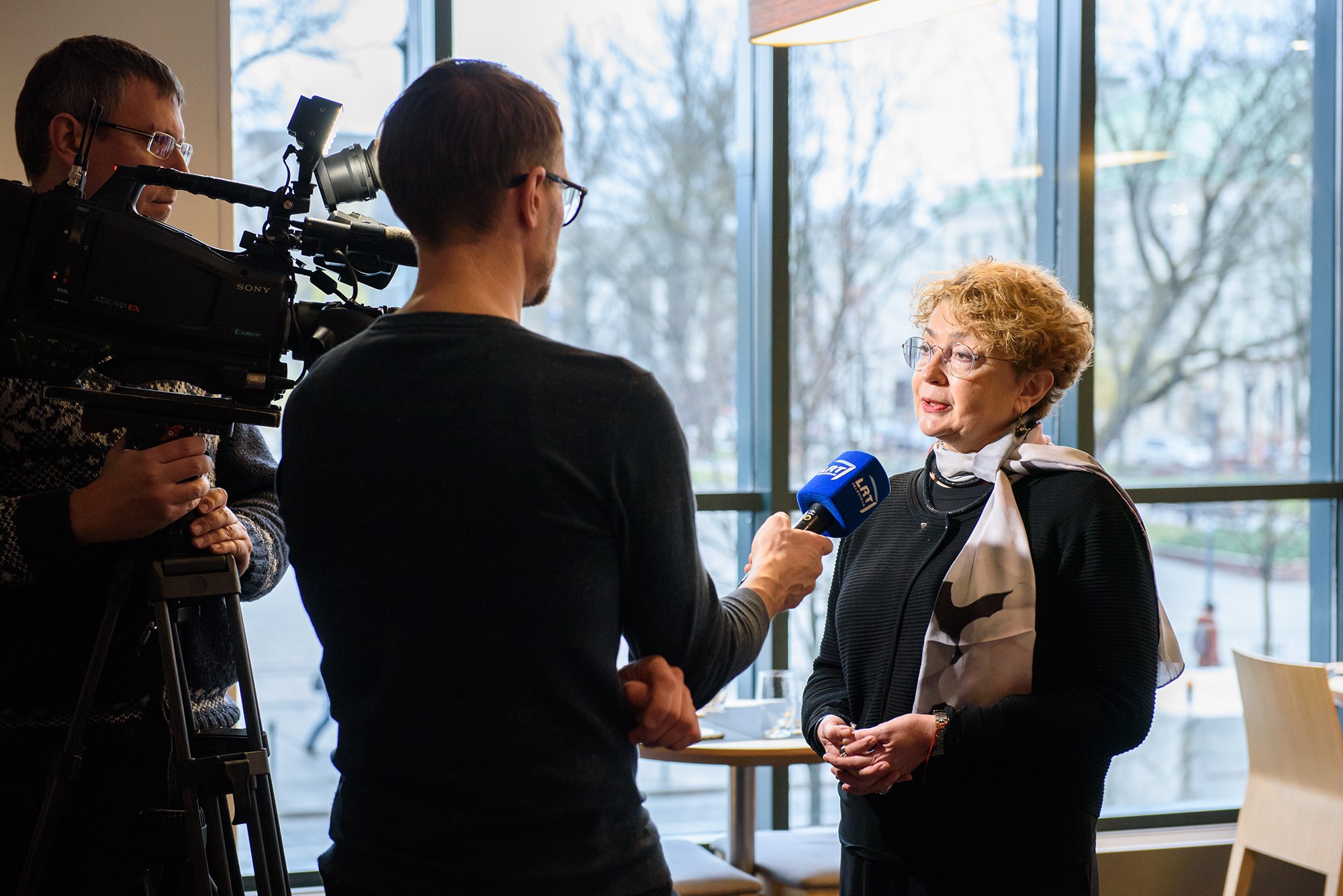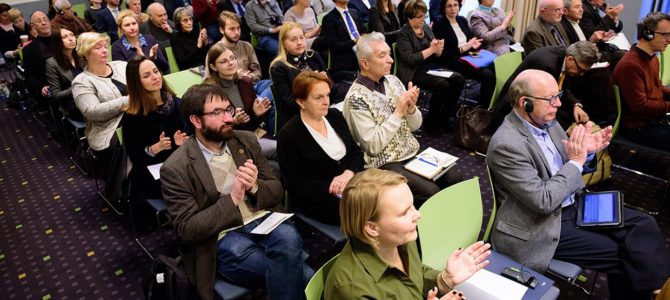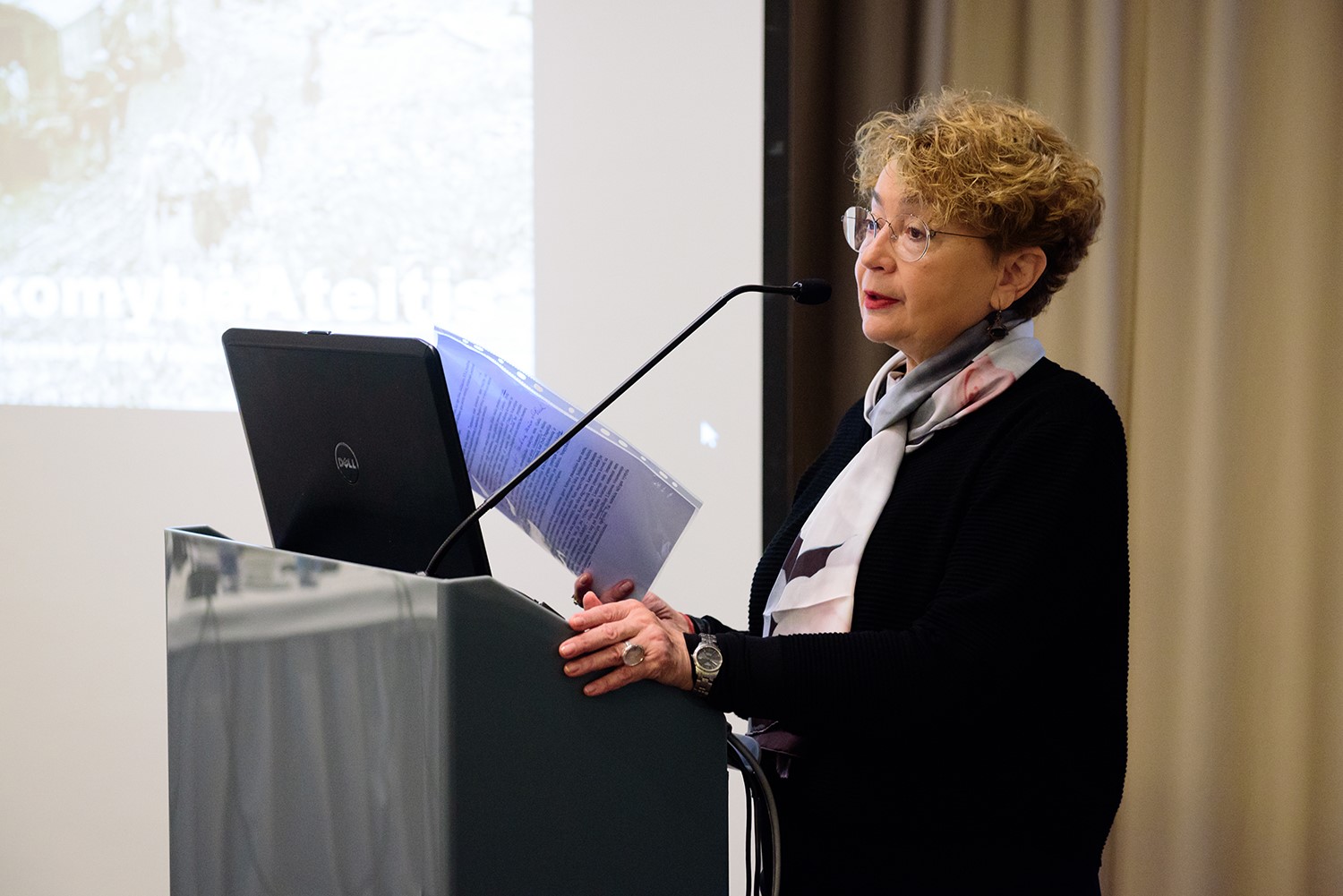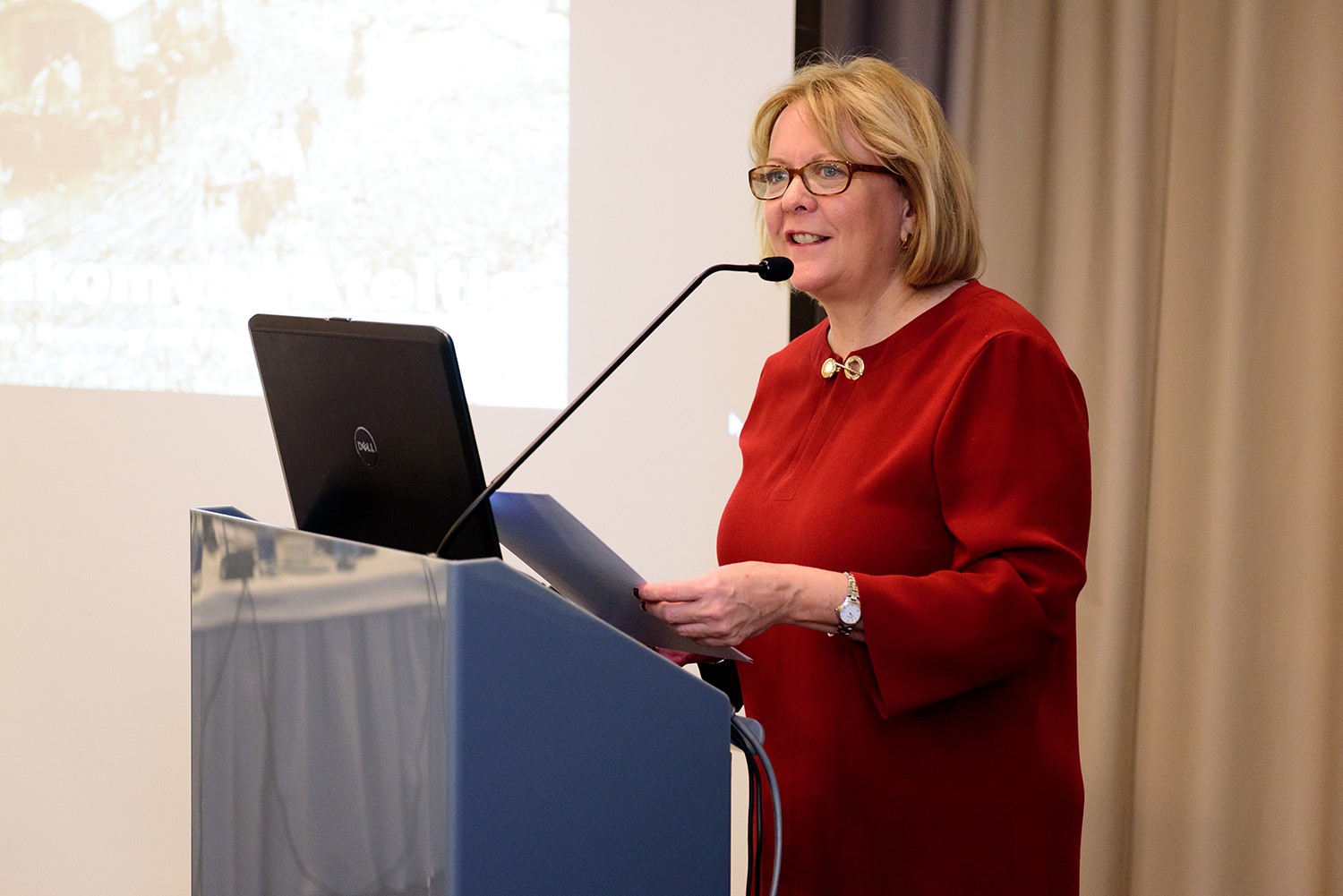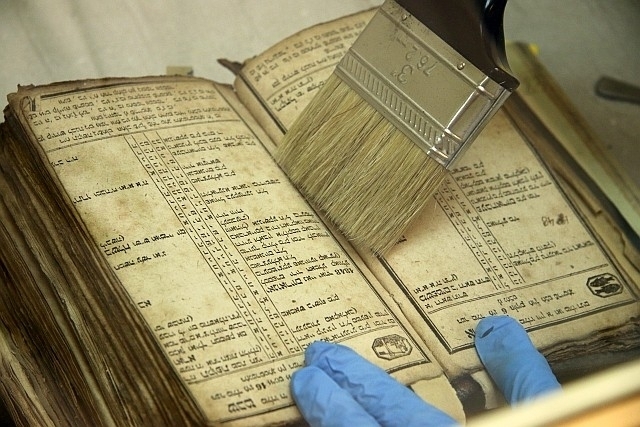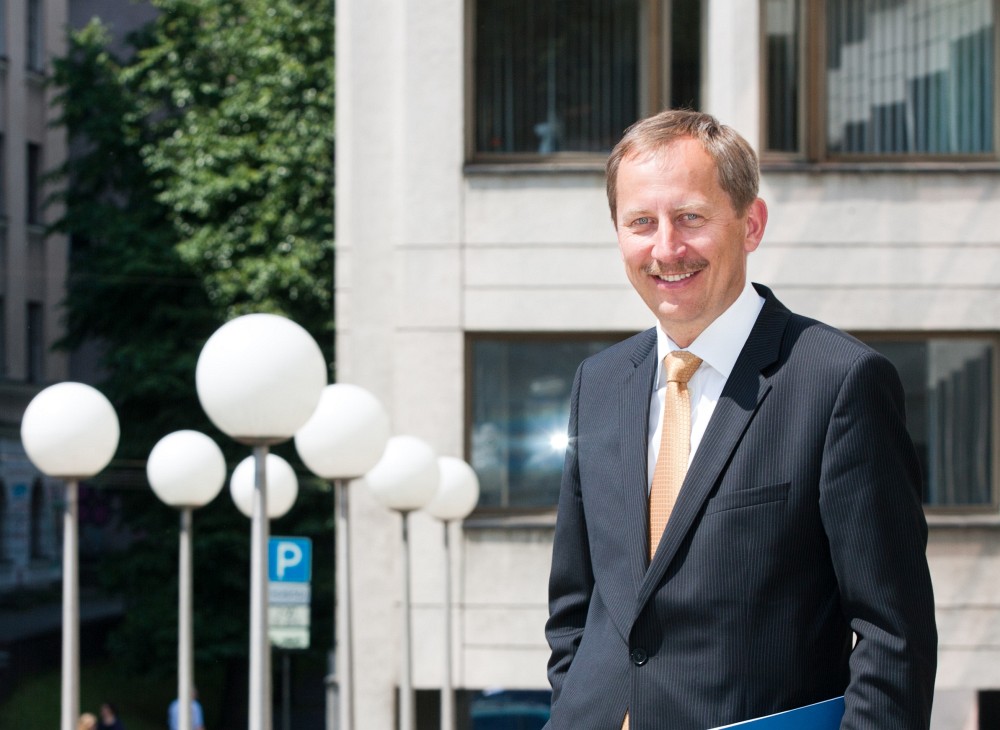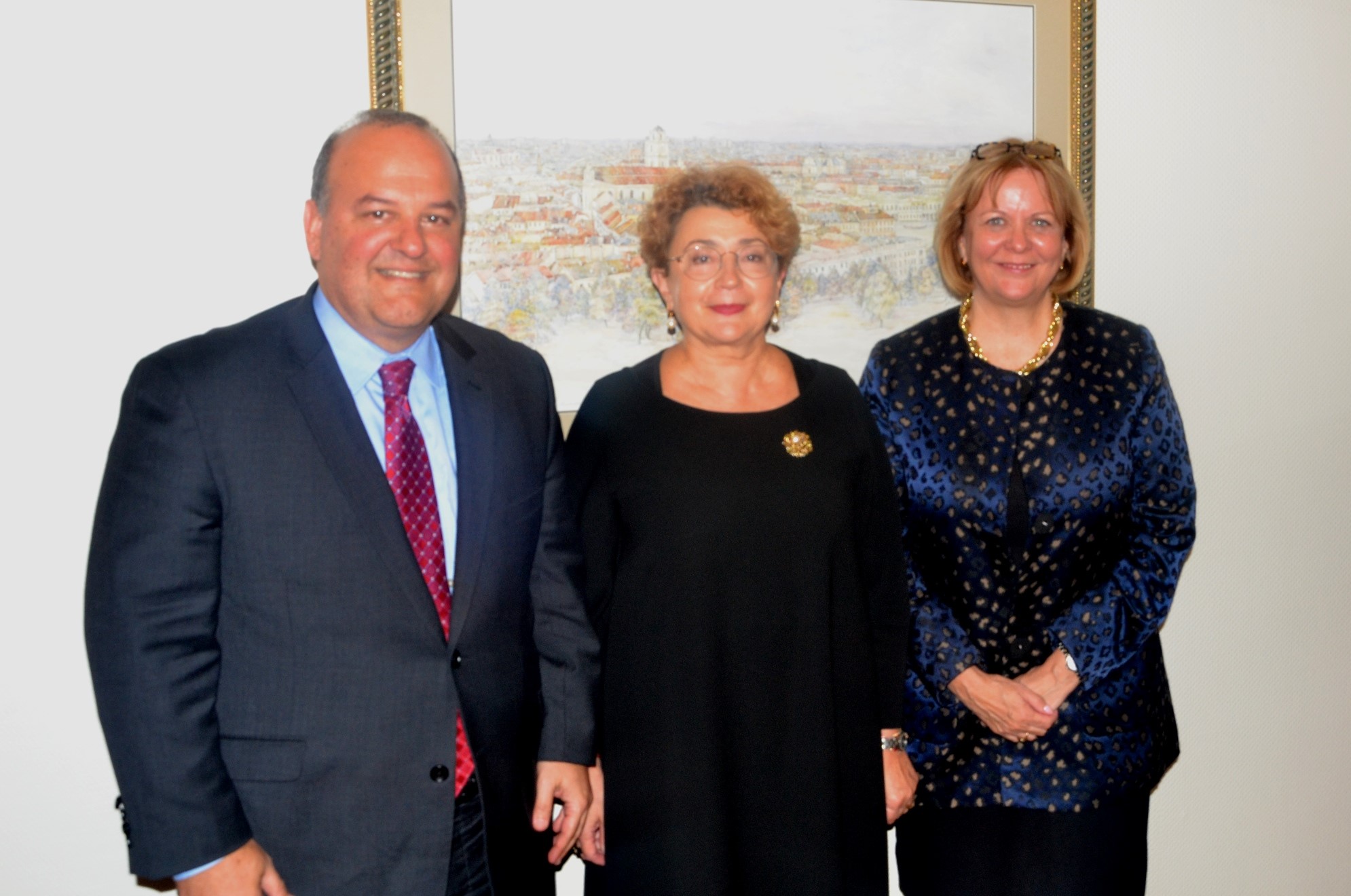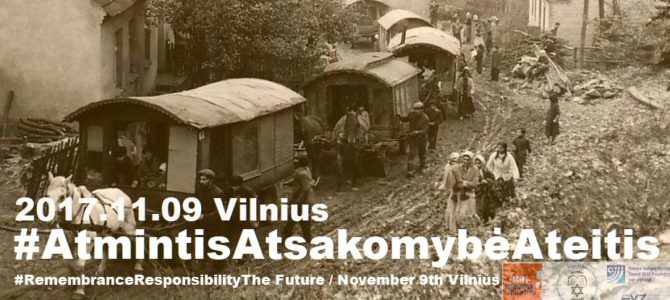November 13, 2017, Warsaw — AJC is urging the Polish government to speak out clearly against rising hatred inspired by the country’s far right. The call to action comes after a large demonstration filled with neo-Nazi and white supremacist rhetoric that took place in Warsaw on Saturday, the country’s independence day.
“While the joyous 99th anniversary of Polish independence was appropriately celebrated in ceremonies led by president Duda, the day was seriously marred by hateful, far-right throngs that threaten the core values of Poland and its standing abroad,” said Agnieszka Markiewicz, director of AJC’s Warsaw-based Central Europe office. “The growth of xenophobic nationalism in Poland is becoming more dangerous, and we urge the government to condemn unequivocally the phenomenon and take appropriate action to counter it.”
An estimated 60,000 people participated in the “March of Independence,” an annual event organized by far-right groups in Poland that attracted many more people than last year, including some from other countries. Men and women wearing face-masks chanted “pure Poland, white Poland” and “clean blood, lucid mind” as well as “sieg heil” and “Ku Klux Klan.”
“The apparent tolerance shown for these purveyors of hate — and, let’s be clear, that’s exactly what they are — by some Polish government officials is particularly troubling,” said Markiewicz.
Interior minister Mariusz Blaszczak called the large demonstration “a beautiful sight,” adding that “we are proud that so many Poles have decided to take part in a celebration connected to the Independence Day holiday.”
AJC, an organization long involved in Poland and steadfastly devoted to fostering strong links among the U.S., Israel, Poland, and world Jewry, calls on the Polish government to counter all forms of xenophobia and racially-motivated hatred through concerted action. “History has painfully taught us that silence or inaction in such matters can come with a high price,” said Markiewicz.
“As the late President Lech Kaczynski laudably said during the 2008 independence day celebration, ‘Patriotism does not mean nationalism,'” Markiewicz said. “It is an important message worth remembering and reinforcing. Radical nationalism and the spewing of hatred should not be confused with patriotism.”
Shapiro Silverberg
AJC Central Europe Office
